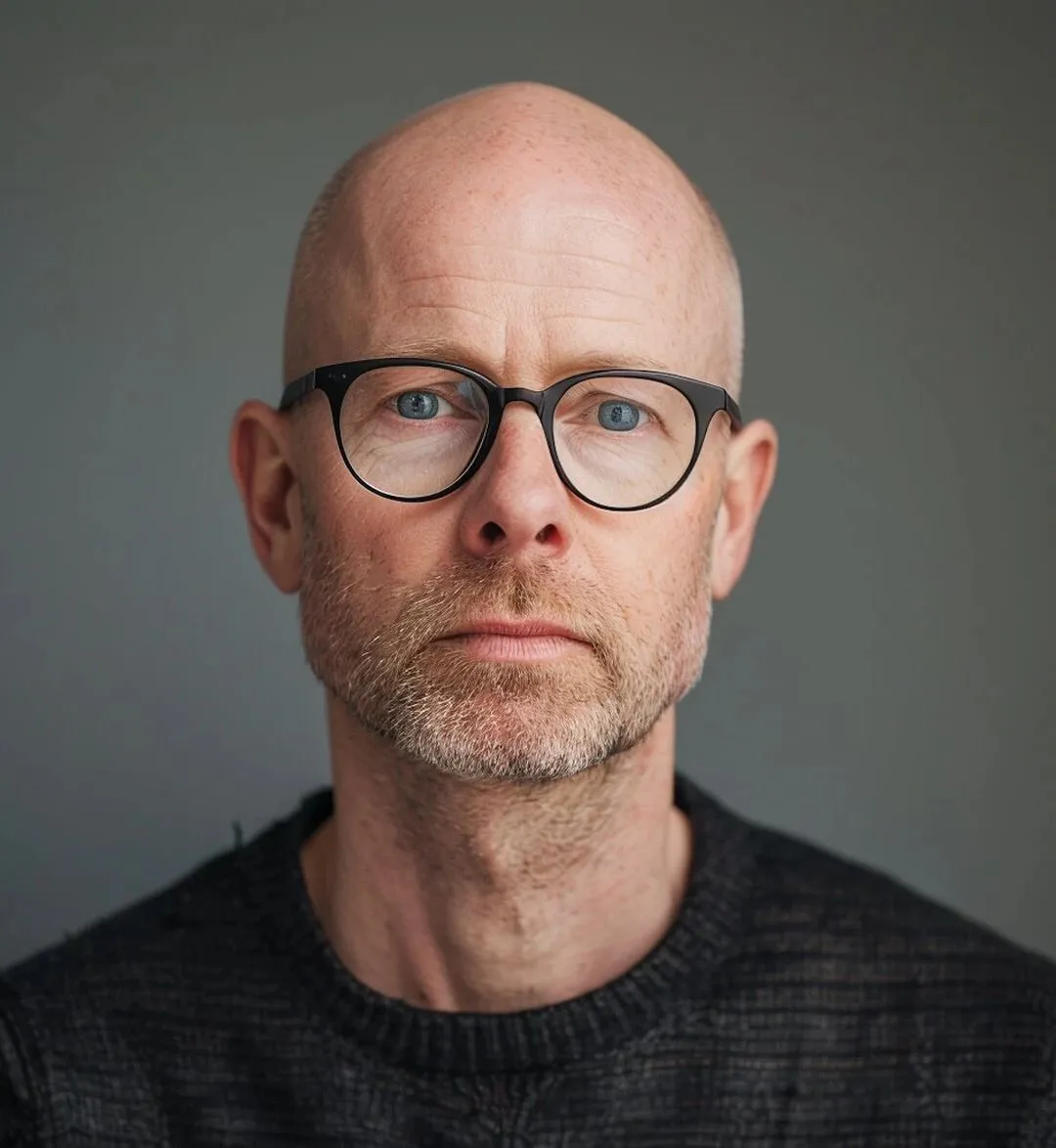FAQ Starting therapy or psychiatric treatment can raise many questions.
What kinds of conditions do you treat?
People reach out for many reasons — sometimes because life feels complicated or overwhelming, and sometimes out of curiosity about their own growth and patterns. You may be at a crossroads, struggling with decisions, conflict, a loss of joy, or a desire to feel more grounded and fulfilled.
What types of services do you offer? Who do you work with?
I provide a range of options depending on your needs and preferences:
In what languages are sessions offered?
I offer sessions in English, Spanish, and Hebrew.
How do daily habits and routines fit into our work together?
Lifestyle psychiatry recognizes that mental health is deeply connected to the way we live — our sleep, nutrition, physical activity, relationships, and sense of purpose.
How does the process work?
We begin with a free 15-minute introductory call to discuss what you’re looking for and determine whether my approach might be a good fit.
What are your fees? Do you offer a sliding scale?
Because each person’s needs differ, I don’t post specific fees online. Session fees typically range from $300 to
Do you take insurance? Can I get reimbursed?
I don’t work directly with insurance companies and am considered an out-of-network provider. However, I provide superbills that you can submit to your insurance for potential reimbursement.
What if I don’t want to take medication?
That’s completely okay. Many of my patients don’t take medication, and treatment can be effective with therapy,
How can I contact you?
The best way to get in touch is by filling out the contact form on this website. Once I receive your message, I’ll reach out to schedule a brief introductory call so we can discuss your needs and next steps.
How does communication work between appointments?
Email can be used for scheduling or quick updates, but I don’t provide ongoing therapy or medical guidance
What if I have an emergency?
I don’t provide emergency or crisis services. If you ever feel unsafe or in danger, it’s important to seek immediate
What happens when our appointment time ends?
Sessions are scheduled for a set amount of time. I’ll always let you know when we’re about five minutes away from ending, so we can wrap up thoughtfully. It can sometimes feel abrupt at first, but this structure helps ensure each session has a clear beginning and end, supporting reflection and continuity between meetings.
















